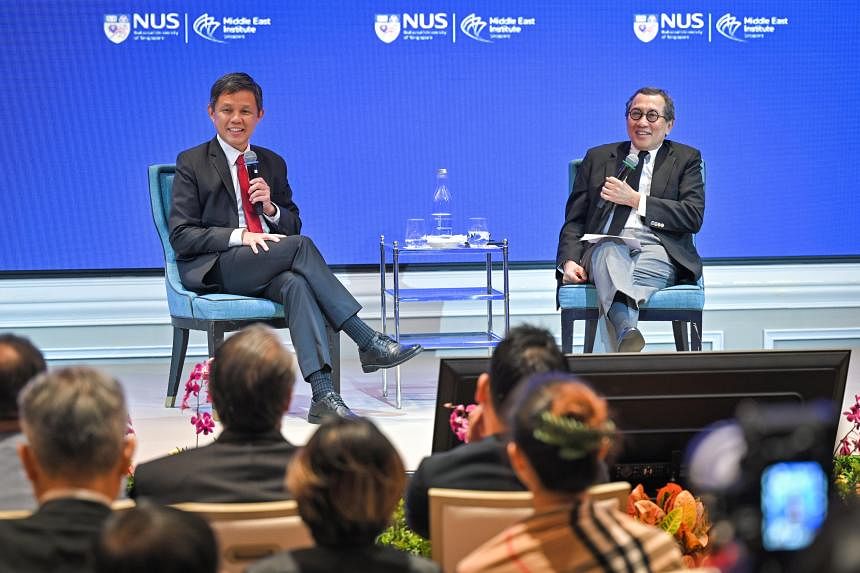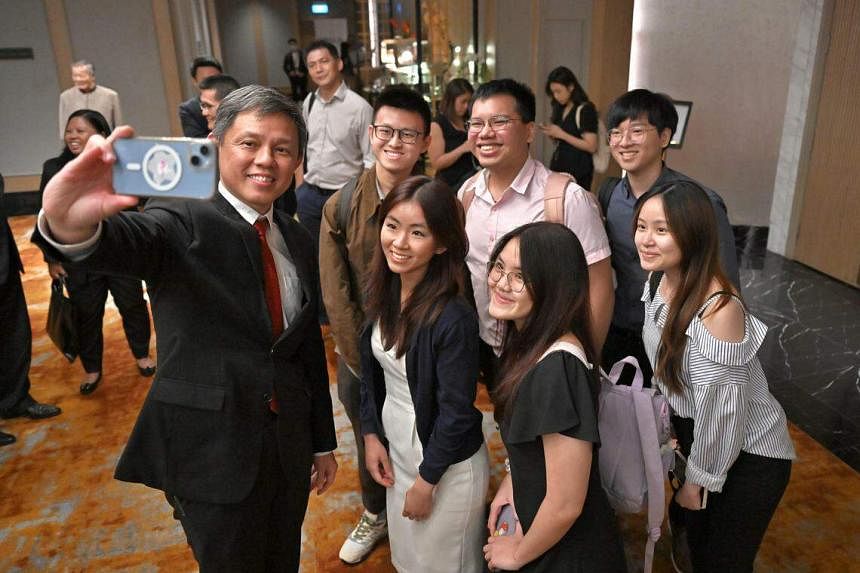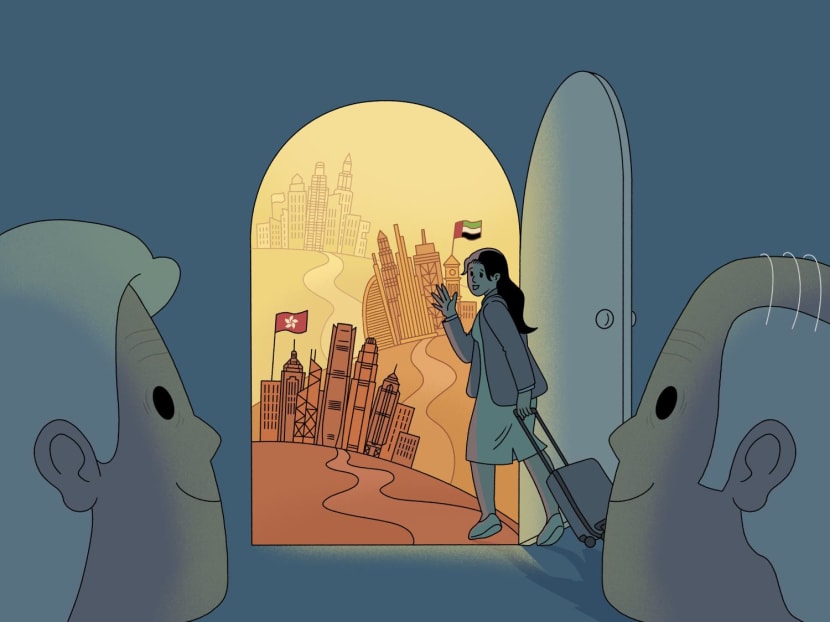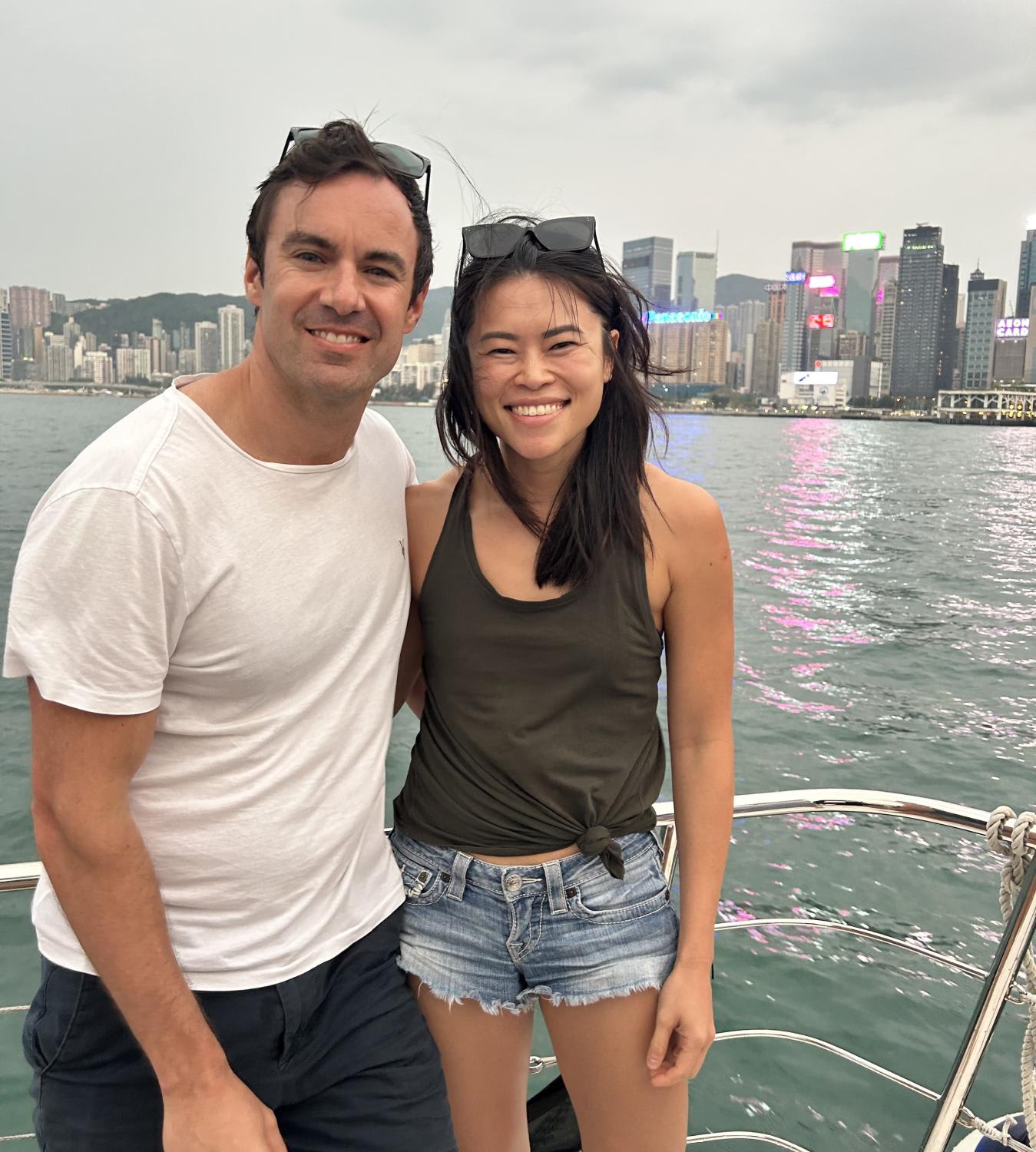Let’s broaden definitions of success to go beyond academic, material achievements: PM Wong
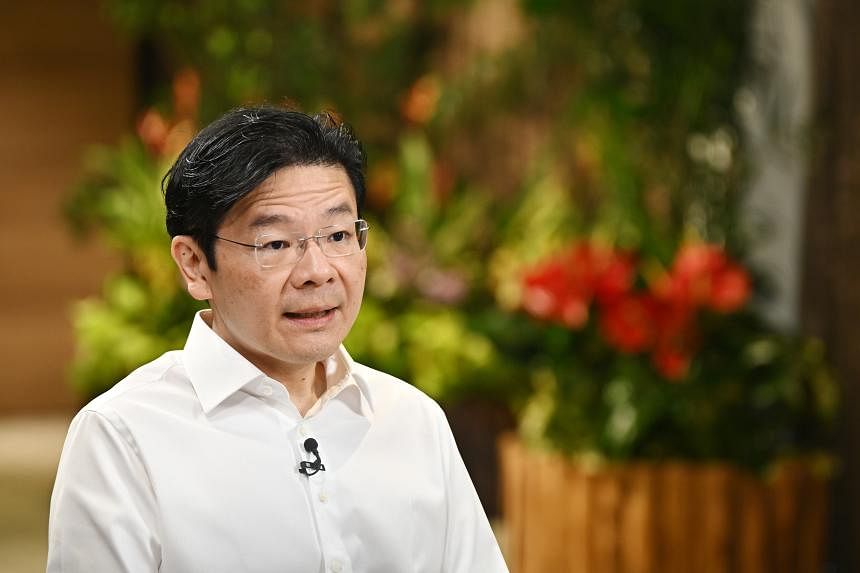
In a video message on June 22, PM Lawrence Wong outlined his vision of the kind of society that he and his team of ministers hope to build – a Singapore where every Singaporean matters. PHOTO: ST FILE

Aqil Hamzah
Jun 23, 2024
SINGAPORE – There needs to be a broader definition of success in Singapore that goes beyond narrow metrics of academic and material achievements, and where everyone is valued for who they are, said Prime Minister Lawrence Wong.
In a six-minute video message on June 22, PM Wong outlined his vision of the kind of society that he and his team of ministers hope to build – a Singapore where every Singaporean matters.
That would mean moving away from past definitions of success, such as the much-vaunted 5Cs – cash, car, credit card, condominium and country club, he added.
He said: “Now, these were not bad things in and of themselves. Who doesn’t want a better life for themselves and their children? But we have also seen how such a narrow definition of success can lead to negative consequences.”
It has led to society becoming more frenetic – and competition more toxic – as Singaporeans seek to outdo one another, he added.
“We become more anxious and stressed, and worse, we pass this on to our children. This is not the society I want Singapore to become. It is certainly not the society that I hope our children will grow up in,” he said.
Instead, PM Wong said he wants to see a Singapore where every Singaporean matters, and where everyone is valued for who he or she is.
“One where we can all strive to be the best possible versions of ourselves. One where our success is defined by how we help each other to do well collectively.”
Success, PM Wong said, is not a zero-sum game. “We are all in this together, and we truly succeed only when we succeed together.”
To that end, the 4G team envisions a future in which success and what counts as achievements take a broader definition, he added.
Said PM Wong: “My team and I want to build a society that allows space for U-turns, side-steps, slowdowns, pauses, experimentations, and outliers. We want to broaden our concept of achievement.”
He last outlined in detail his approach to governance and his aspirations for Singapore in May, ahead of being sworn in as Singapore’s fourth prime minister, where he touched on embracing different pathways to success and how the country is prepared to relook fundamental assumptions amid changes.
In his video message, PM Wong, who is also Finance Minister, said he received feedback from many young Singaporeans, who asked if the Singaporean view of success can be expanded into one where every individual’s skills and talents are taken into account, so that everyone can thrive.
Getting there, however, will not be easy, said PM Wong. He spoke about his own experience in wanting to leave the government sector because of the constant competition and comparison.
One way to achieve the goal would be to expand one’s perspectives, he added, citing healthcare workers during the Covid-19 pandemic as an example.
For instance, doctors are often celebrated because it is a profession that people think is prestigious, he said.
“But there are many other unsung heroes – nurses, physiotherapists, occupational therapists, radiographers – who put in their hearts and souls in supporting every patient’s recovery.
“To me, they are all successful role models we should look up to.”
Each path is different, said PM Wong, and there is no need to compare or judge. He said: “Success is about excelling at what we do today, persevering at it and doing it with pride instead of worrying about status or rewards.”
He himself did not go to top schools, he added, and did his undergraduate studies at the University of Wisconsin–Madison, making the most of his opportunities.
He said: “There is no need to squeeze ourselves into boxes we were never meant to fit into.”
Sometimes, despite putting in the effort, people may still not get what they want, whether it is a desired placing in a school or a top position in an organisation, which are all in limited supply.
“But do not despair. When a door closes, other doors will open.”

